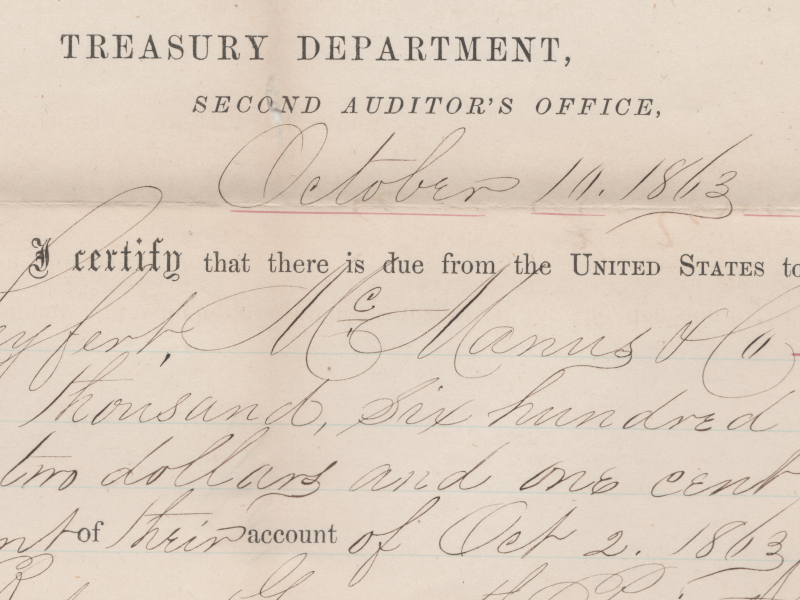
Sovereignty Through Certainty: The Gamechanging Privacy Phone by John McAfee
The announcement of the new Privacy Phone developed by John McAfee has sent ripples of anticipation through the tech and cybersecurity communities and has already caused a great deal of speculation and discussion. The phone, slated to be produced by MGT Capital Investments in partnership with the formidable Scandinavian think tank, Nordic IT Sourcing Association, threatens to disrupt a trend that until now has proven steady and inexorable. This trend is the War on Privacy, being waged by the most powerful entities in the world against We The People for various motives. It is not surprising, therefore, that the announcement has already caused quite a bit of discussion.
It is even less surprising considering the Petri dish that John McAfee is compelled to call reality. As the pioneer at the forefront of the anti-virus industry, McAfee introduced concepts still in use to protect computers today. When he talks about cybersecurity and privacy, most of the world recognizes that the wise course is to listen. Even many of the people that object to his chosen lifestyle and demeanor, or his colorful past. Unfortunately, like any such personality, he has also attracted some of the lowest elements of polite society. The effects of this range from vulgar hatred on internet message boards, at times dangerously close to illegal stalking, all the way to passive-aggressive articles "covering" his adventures by masquerading a patchwork of insults, innuendo, straw men, and outright falsehoods as "objective" analysis.
For these reasons, had Moses himself returned from the grave amidst a firestorm and bearing a tablet announcing the Privacy Phone designed by John McAfee, it would still be no surprise to see in The Verge the next day an article entitled "John McAfee's 'hack-proof' phone is doomed to fail." It was inevitable, and undoubtedly exists in some form in every possible timeline containing an intact John McAfee. In our timeline, author Ashley Carman attempts to demonstrate that the phone is a bad idea that doesn't improve user privacy and that ultimately will fail.
The article begins innocuously enough by providing an accurate account of the phone's features that have been announced so far. Then like an unexpected whack on the head we are assaulted with the bold assertion that "hardware isn't a problem when it comes to mobile privacy." The problem is software: "the key to securing a phone, whether the threat is remote malware or invasive cloud services." It quickly becomes clear that Carman is conflating Privacy with data security, presuming that the reader will do the same. To do so unfortunately precludes successfully understanding the value of the design.
Privacy can be characterized as the realtime protection from prying eyes and ears in one's personal space. We can extend this concept to include our "papers and effects," but that's all it is - an extension. In the technology world, this extension consists of our digital files and traffic streams. This subject is complicated enough to warrant it's own designation - data security. Because of the way computers and the shared network have been built, we do depend on software - increasingly expensive and complicated software - to secure our data and traffic. But this has nothing to do with baseline, human privacy. That is, when we say or do something with no one else around, are we still being observed and possibly recorded? This is basic human Privacy.
It may seem wasteful to devote a paragraph to what seems like an elementary concept, but unfortunately it is necessary. So much has been done to erode our concept of Privacy, and our enjoyment of it, that many people seem to not even recognize what it means anymore. And we are surrounded - absolutely surrounded - by technological devices that have the potential to invade Privacy, and at the same time have removed user control over that potential. And because of it's capabilities, the smartphone is one of the worst offenders.
When it comes to Privacy, it isn't software that is critical. If we want to be certain our devices aren't spying on us than we must maintain control over the physics of that device. If we rely on "soft buttons" to run software that controls the essential functions of a device, like the ability to communicate or to be completely off, we are no longer in control over the device. The company selling the device, government agencies, and hackers have control over the device because any software - all software - can be hacked and the vulnerability shared.
Far from not making a difference, the Privacy Phone returns control - sovereignty - over the device to the owner. To the extent that even if every 3 letter agency and every hacker in the world had pushed malware onto the device through the inevitable holes software will supply, the owner can still shut them all out of his or her world at will. Air gapped buttons provide more than just nifty features. They provide certainty. Certainty we are off the network when we wish to be. Certainty we are not being watched when we don't want to be. And certainty that our location cannot be tracked, and our in-person conversations will remain private. No software, no matter how seemingly clever, can ever supply this level of certainty.
This design also succeeds at something most cybersecurity products fail hard at - ease of use. The most simple-minded individual in the world can grasp the concept of what it is they need to do to ensure their privacy. They could hardly mess it up. One of the reasons the cybersecurity space is such a mess is that good security requires configuration, extra steps and is often too complicated for the average user to understand. As a result the technologies designed to protect us are used incorrectly or not at all. But by providing clearly labeled buttons, the Privacy Phone leverages a concept familiar and accessible to all. This is success by any metric.
Carman thankfully has the good sense to partially redeem herself by wishing McAfee luck with his phone, though one could easily make the case that this wish is likely not sincere. It seems as if Carman wants McAfee to fail, which would be a great shame. This phone embodies concepts that need to succeed in the marketplace because once completely dissolved, the precious right we call Privacy will be nearly impossible to reclaim. I call on the Ashley Carman's of the world to do some research, do some thinking, and realize that love him or hate him, McAfee is on our side. And the Privacy Phone is something we should all want to succeed.

Don't Run the Fantasy Number
May 4, 2016






